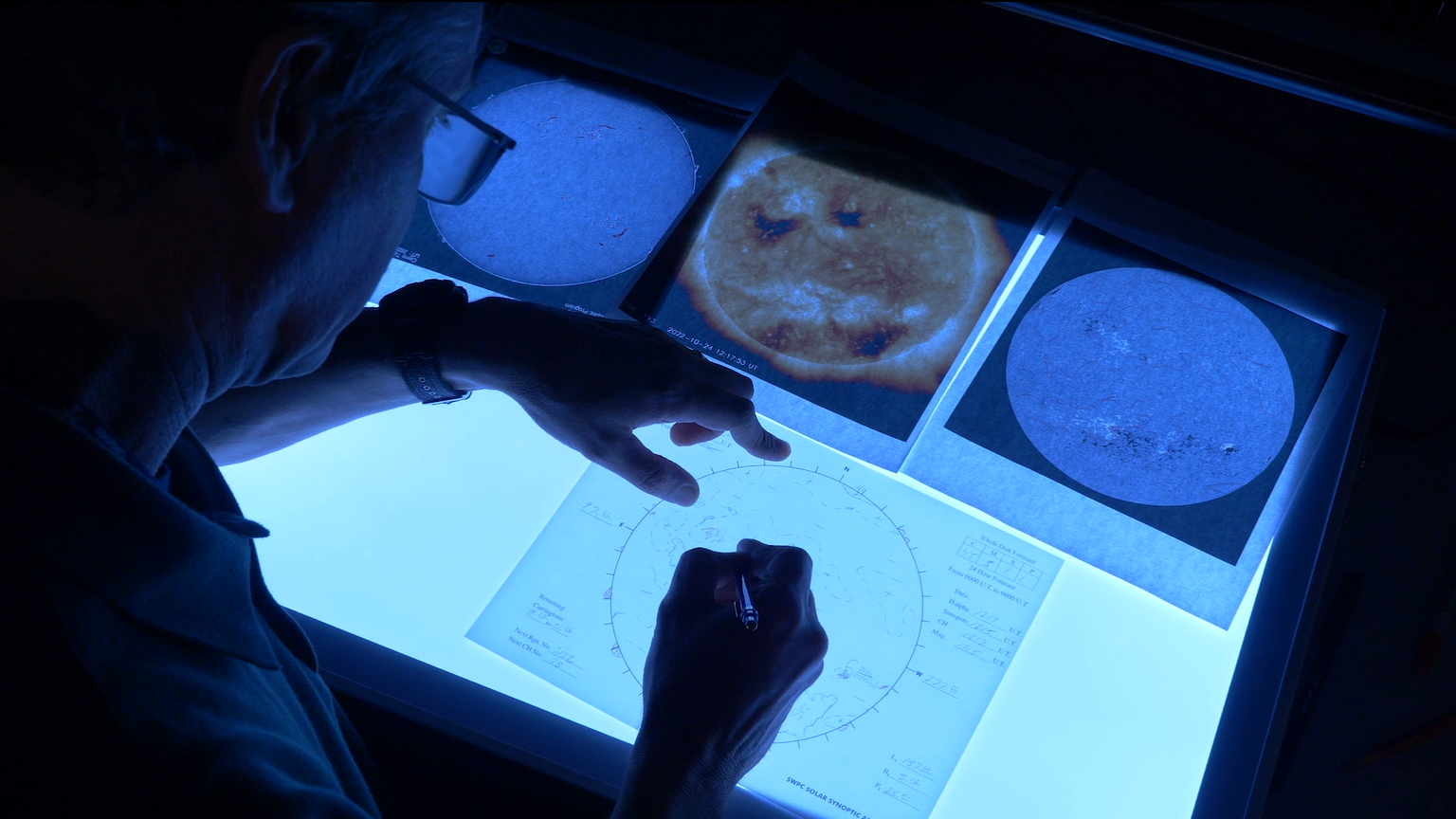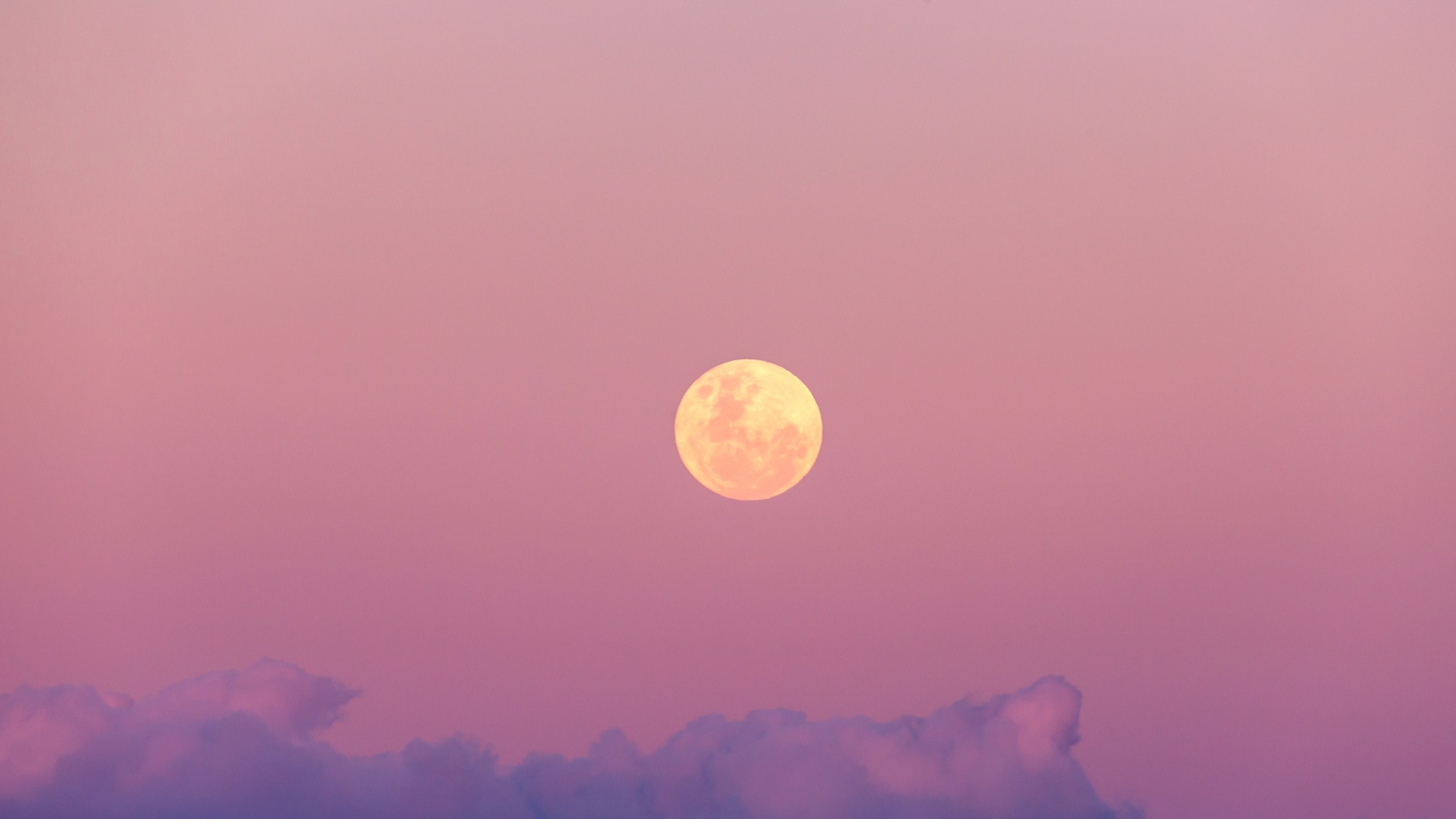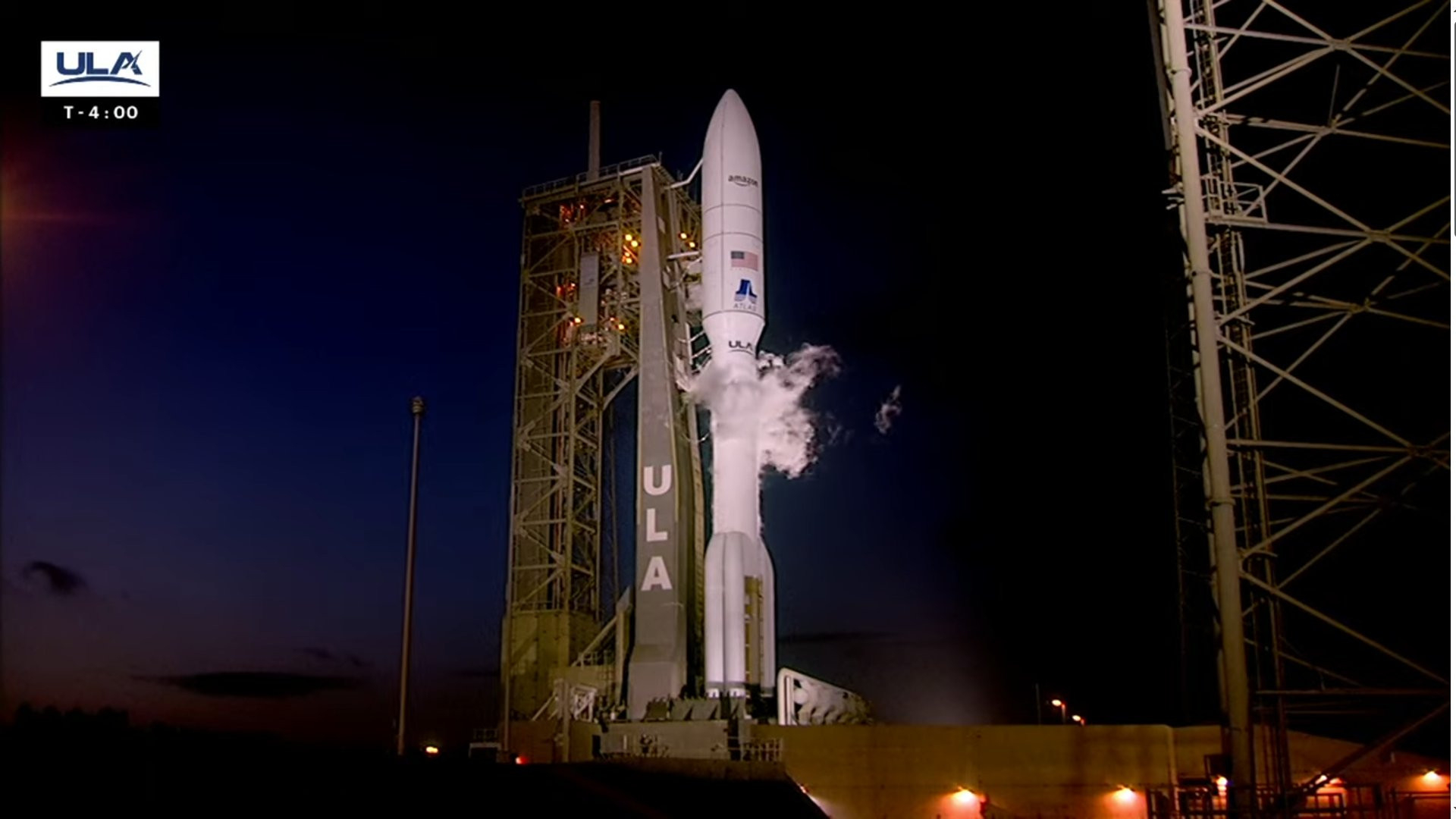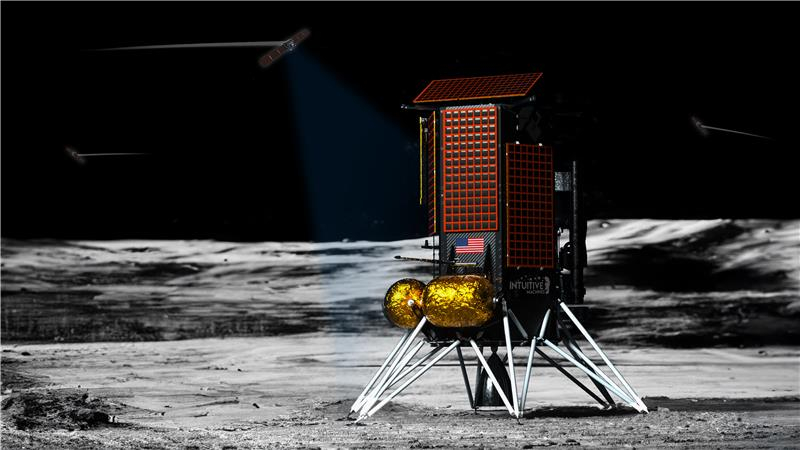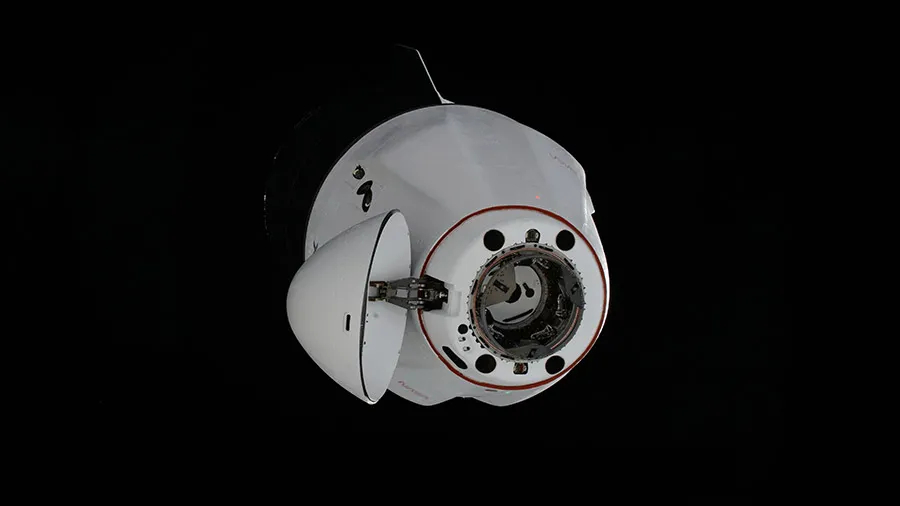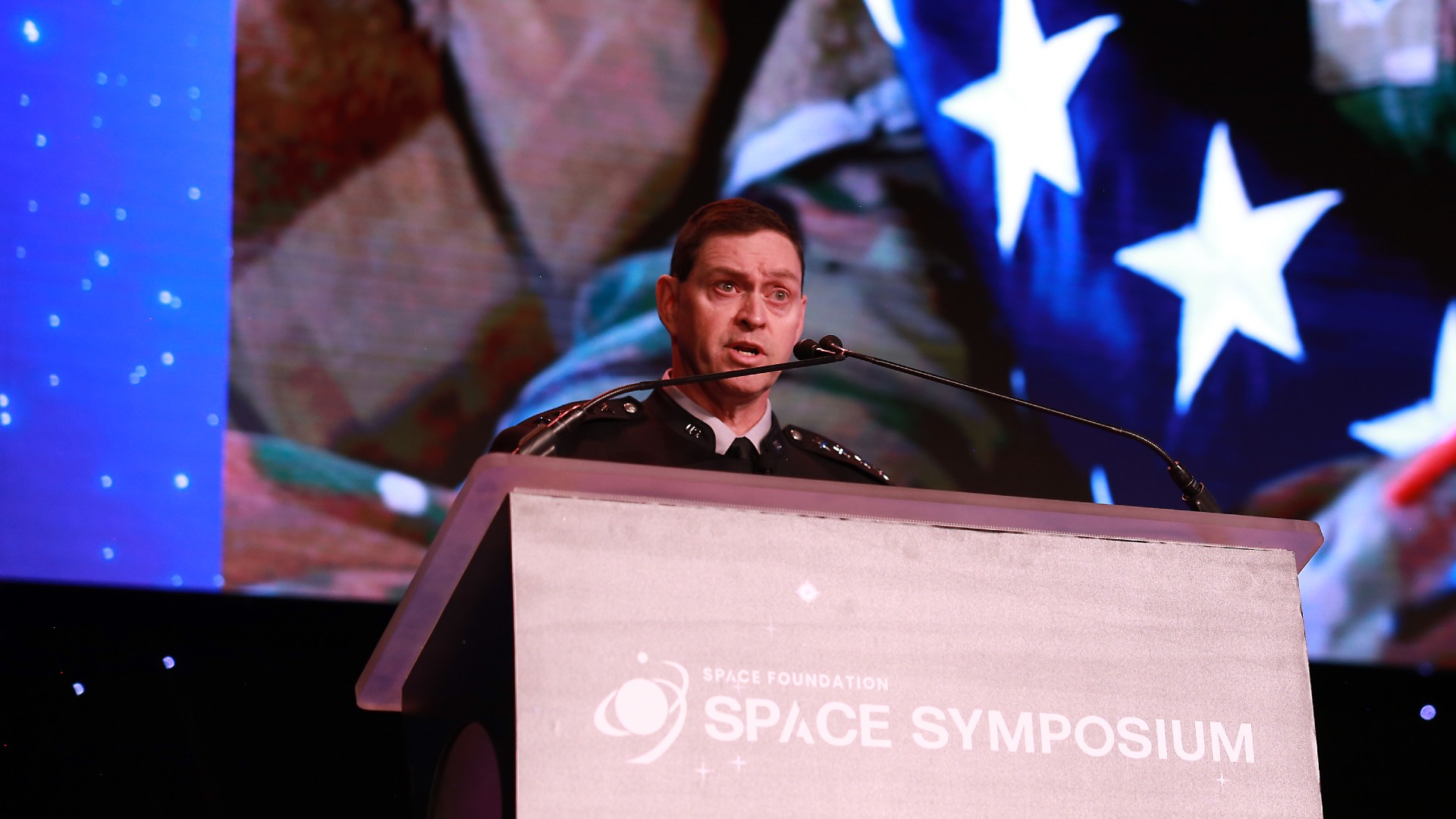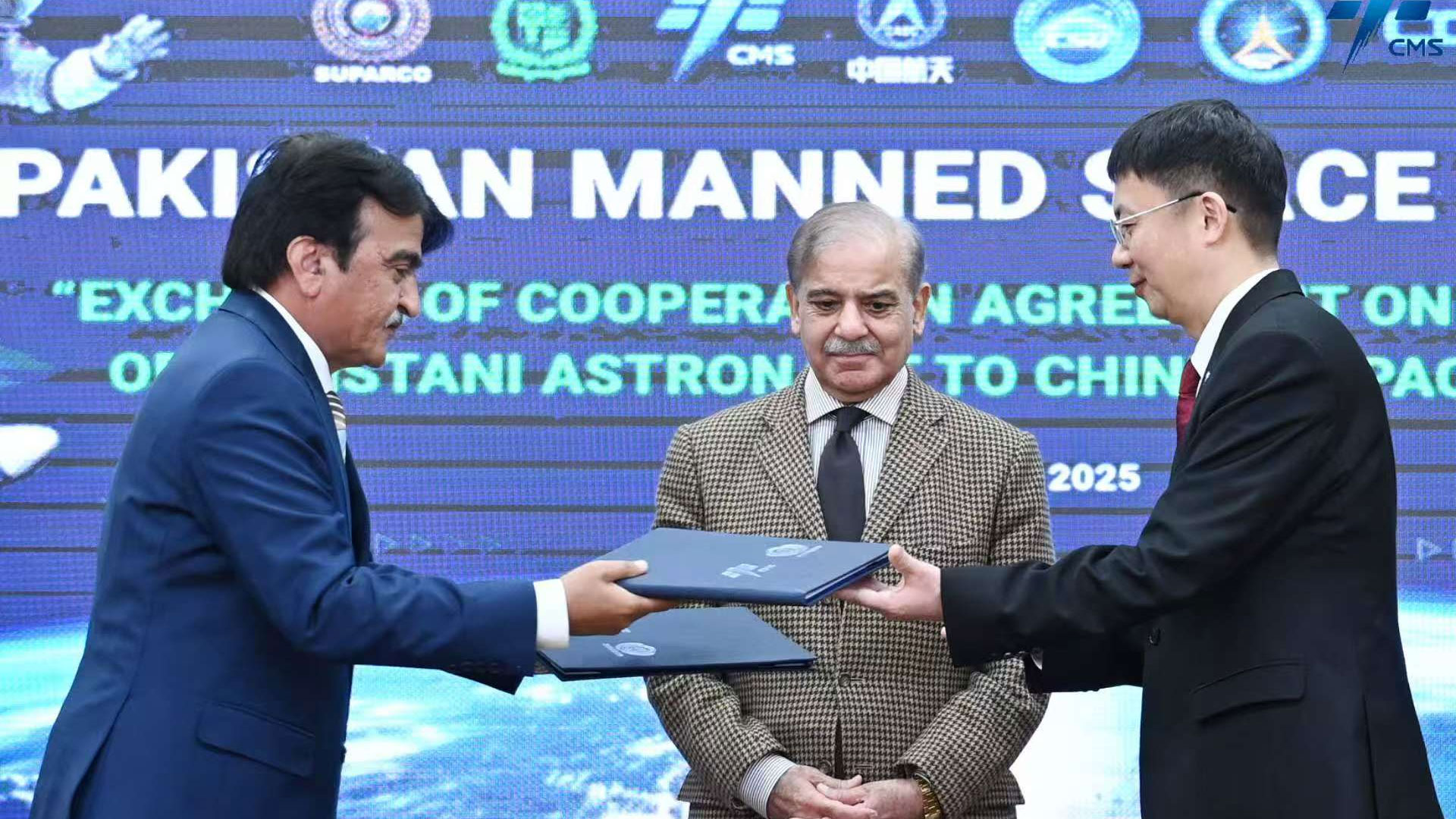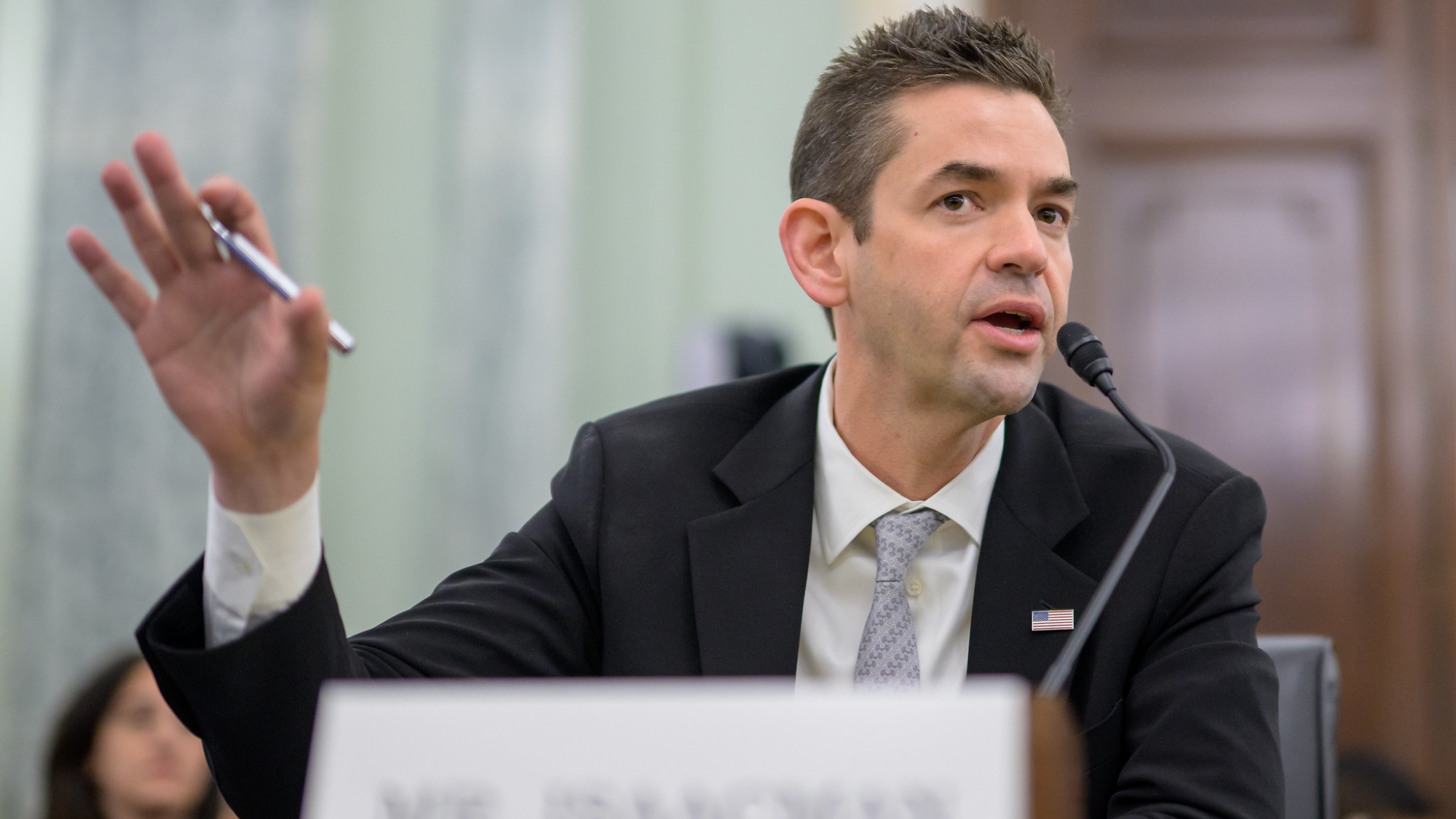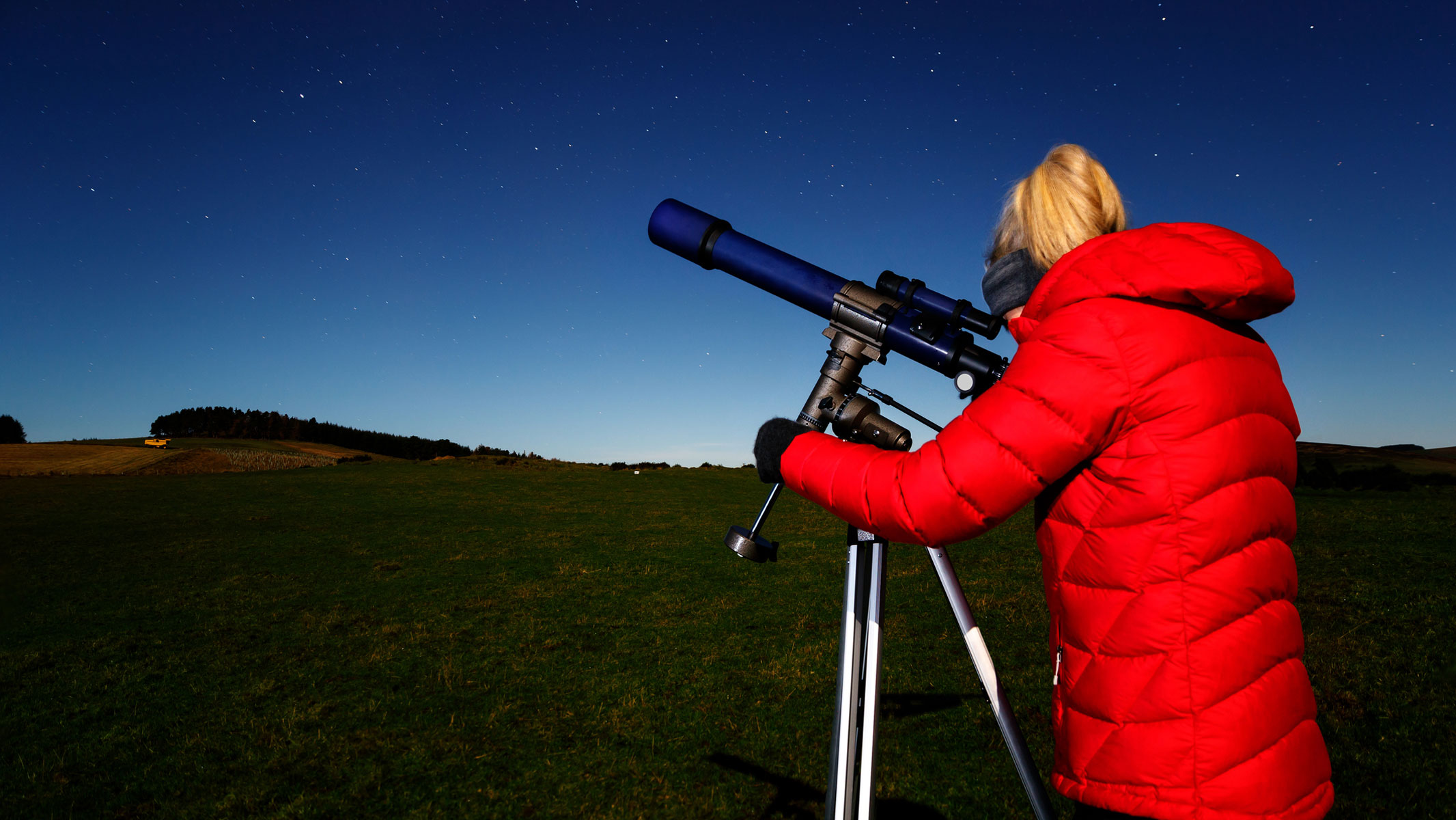Rocket Lab delays 1st US launch to 2023 due to unacceptably high winds
Rocket Lab is now targeting January 2023 for its first Electron launch from the United States.
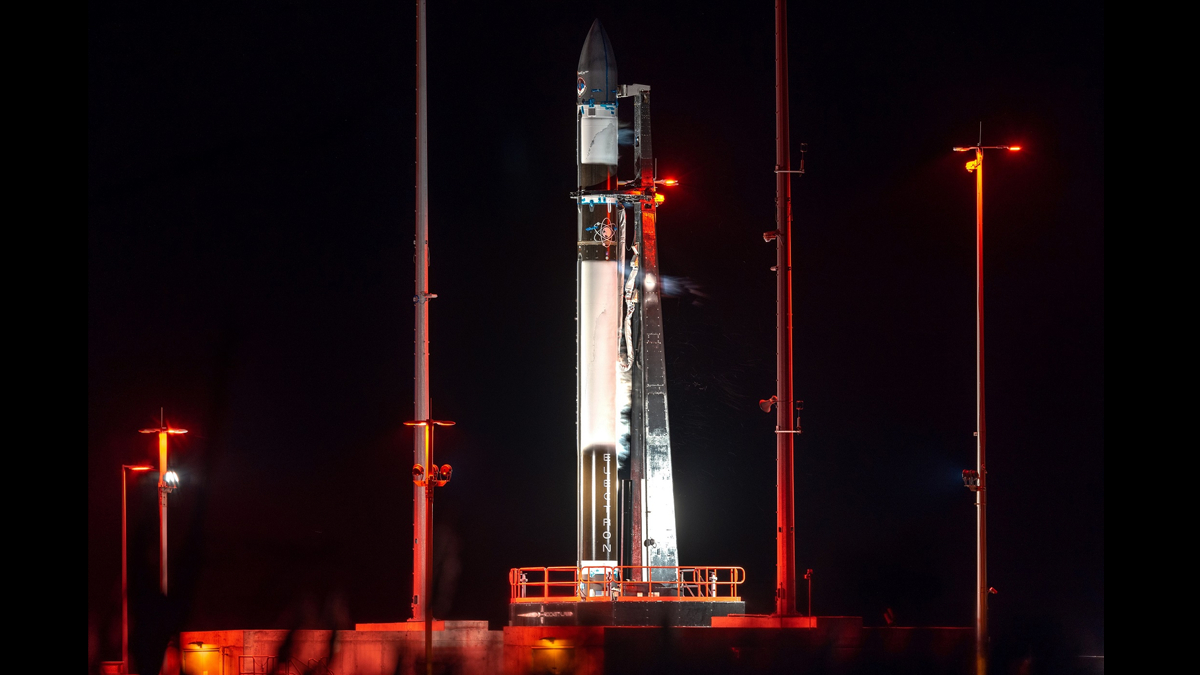
Update for Dec. 20: Rocket Lab has called off its December Electron launch attempt from NASA's Wallops Flight Facility in Virginia due to high upper-level winds, and is now aiming to fly sometime in early January 2023.
"Continued strong upper-level winds tomorrow have ruled out the final day of the launch window for our 1st mission from NASA Wallops. A new window is now scheduled to open in [January] for the Virginia is for Launch Lovers mission," Rocket Lab wrote in a statement.
Continued strong upper-level winds tomorrow have ruled out the final day of the launch window for our 1st mission from @NASA_Wallops. A new window is now scheduled to open in Jan for the Virginia is for Launch Lovers mission. Team and rocket are ready, so stay tuned for updates! pic.twitter.com/CrbuamwQ7uDecember 19, 2022
Rocket Lab's debut launch from American soil will have to wait at least another day after high winds thwarted an attempted liftoff Sunday evening (Dec. 18).
The Long Beach, California-based company hoped to launch its first U.S. flight of an Electron booster from NASA's Wallops Flight Facility on Virginia's Wallops Island Sunday night, but unacceptable upper-level wind speeds forced a delay. The next launch opportunity is under review due to wind conditions. You can watch the launch live online, beginning about 40 minutes before liftoff.
"Those upper-level winds got the better of us today and we will be standing down from today's launch attempt," Rocket Lab spokesperson Murielle Baker said during live launch commentary.
Related: Rocket Lab's 1st US launch may be visible along East Coast on Dec. 18

Rocket Lab's 1st U.S. launch could be visible to millions along the East Coast! Here's where and when to look. If you see it, let us know with photos and comments at spacephotos@space.com!
The upcoming Electron rocket mission, called "Virginia Is For Launch Lovers," is carrying three radio frequency surveillance satellites for the company HawkEye 360, which is based in Virginia and developing a constellation of satellites to detect and monitor radio frequencies globally. The satellites on this mission, known as Cluster 6, are the first of 15 HawkEye 360 satellites Rocket Lab will launch over three missions by 2024.
"These missions will grow HawkEye 360's constellation of radio frequency monitoring satellites, enabling the company to better deliver precise mapping of radio frequency emissions anywhere in the world," Rocket Lab wrote in a mission description.
Get the Space.com Newsletter
Breaking space news, the latest updates on rocket launches, skywatching events and more!
Rocket Lab's current launch window for Virginia Is For Launch Lovers runs through Dec. 20, after which the company will have to work with the Wallops Flight Facility and the Mid-Atlantic Regional Spaceport that oversees commercial launches from the site for any additional opportunities.
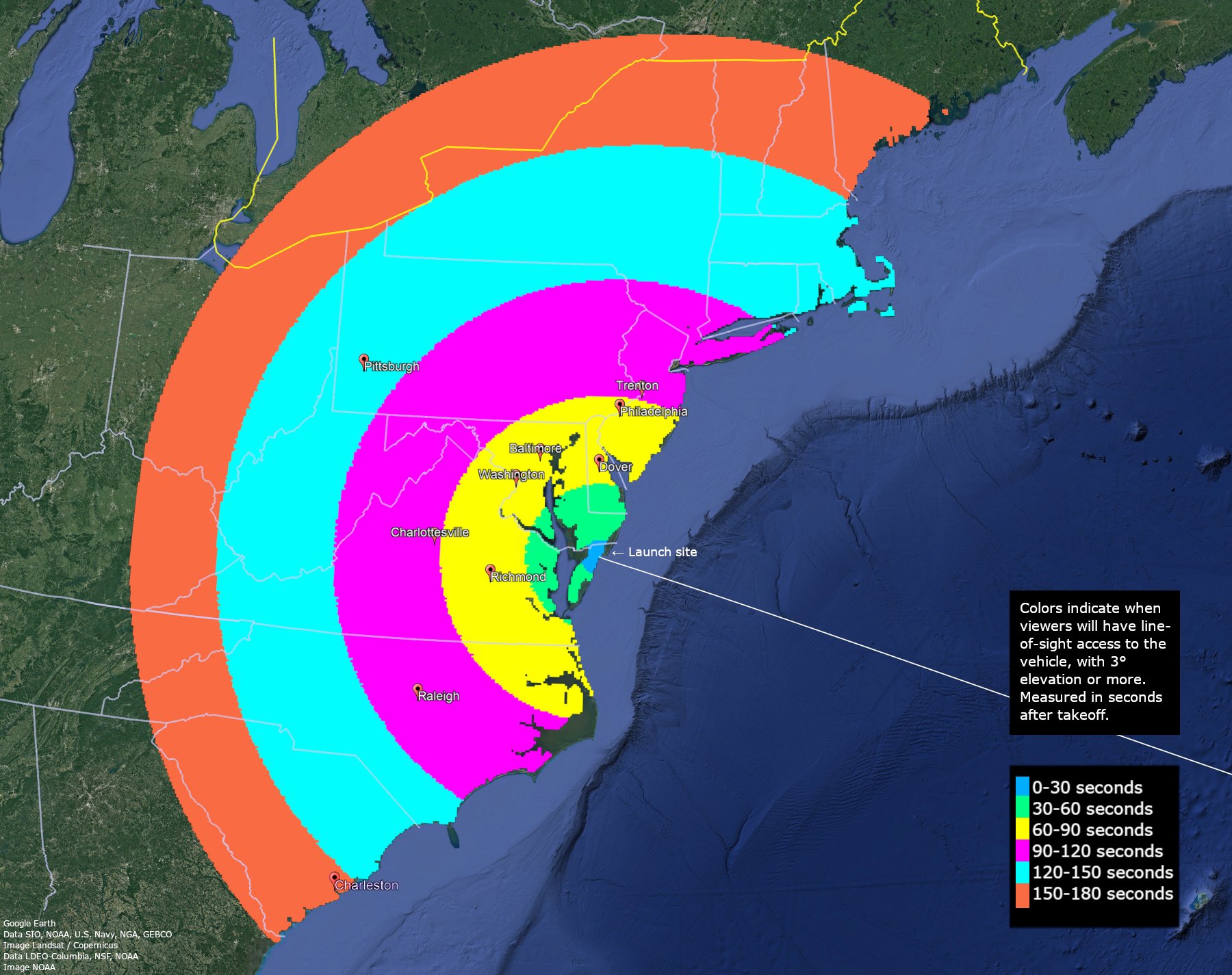
The company's pad at Wallops is known as Launch Complex 2 and marks its first launch site in the Northern Hemisphere. Rocket Lab's Launch Complex 1 hosts two pads on New Zealand's Mahia Peninsula.
By locating its third launch pad in the United States, Rocket Lab seeks to increase its flexibility and capabilities for U.S. government and military customers. The company hopes to eventually launch a mission every month from the Virginia launch site. Rocket Lab is also developing a new, larger rocket called Neutron for launches out of Wallops.
Rocket Lab originally hoped to launch its first flight from Wallops in 2020. Its U.S. flights were delayed two years to await NASA's development of a new autonomous flight termination software, which required additional time to correct errors and complete tests. The NASA safety software is required for Electron flights from Wallops, with Rocket Lab adapting it into its own Pegasus system for launches.
Email Tariq Malik at tmalik@space.com or follow him @tariqjmalik. Follow us @Spacedotcom, Facebook and Instagram.
Join our Space Forums to keep talking space on the latest missions, night sky and more! And if you have a news tip, correction or comment, let us know at: community@space.com.

Tariq is the Editor-in-Chief of Space.com and joined the team in 2001, first as an intern and staff writer, and later as an editor. He covers human spaceflight, exploration and space science, as well as skywatching and entertainment. He became Space.com's Managing Editor in 2009 and Editor-in-Chief in 2019. Before joining Space.com, Tariq was a staff reporter for The Los Angeles Times covering education and city beats in La Habra, Fullerton and Huntington Beach. In October 2022, Tariq received the Harry Kolcum Award for excellence in space reporting from the National Space Club Florida Committee. He is also an Eagle Scout (yes, he has the Space Exploration merit badge) and went to Space Camp four times as a kid and a fifth time as an adult. He has journalism degrees from the University of Southern California and New York University. You can find Tariq at Space.com and as the co-host to the This Week In Space podcast with space historian Rod Pyle on the TWiT network. To see his latest project, you can follow Tariq on Twitter @tariqjmalik.
